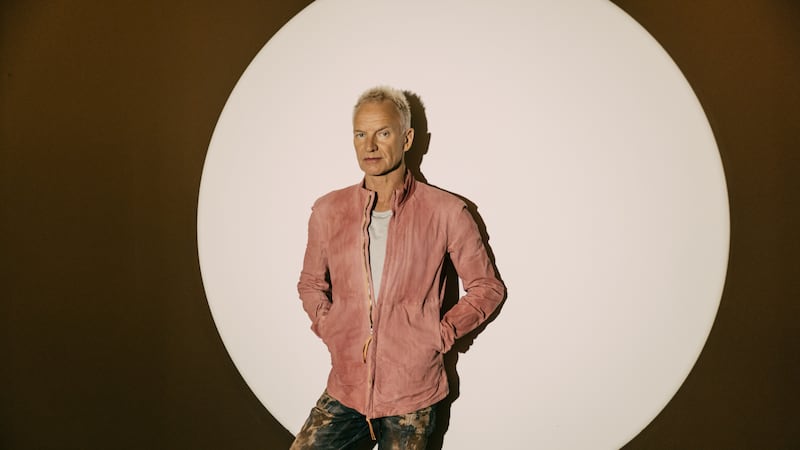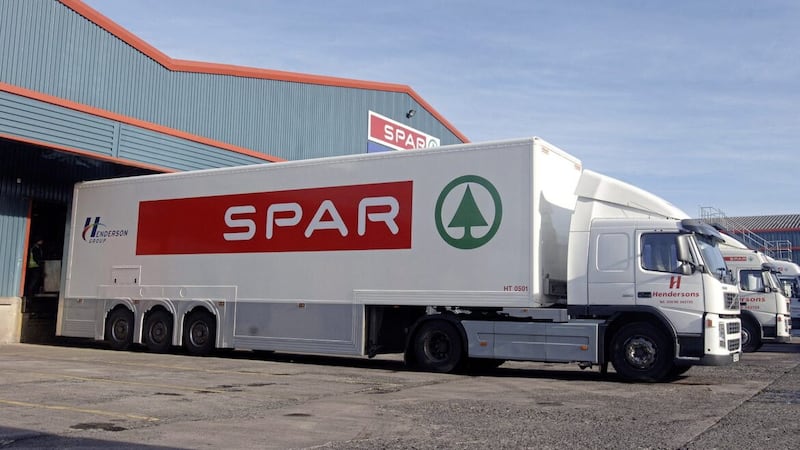ON summer holiday in Italy this year (it was a wonderful trip) we took a number of train journeys, one from Desenzano to Verona on what was the hottest day of the whole trip. In fact, in Verona we spent a large portion of the day seeking out air conditioned cafes and bars, venturing out to see the balcony where Juliet greeted Romeo and to buy more ice cream.
The experience of catching a train in Italy, as in Portugal last year, was a delightfully efficient process; the trains were regular, plentiful, punctual, very comfortable - yes they had air conditioning - and cheap, or at least, very good value for money. Our 20 minute journey to Verona cost €5 return and really you could not argue with that level of pricing.
The issue of costs of public transport has come back into focus in recent weeks. At the start of the summer the Department for Infrastructure launched a consultation process on the issue of the provision of free bus and rail transport for citizens aged over 60. It is a contentious and delicate issue and in the absence of a devolved Stormont Executive Minister, civil servants can manage the consultation process but in all likelihood not make an actual decision. Northern Ireland-wide protests are starting to emerge and there was a rally against the proposals contained in Derry last week.
Also last week People Before Profit called for public transport to be provided free of charge for everyone in the Republic of Ireland, describing it as a ‘no brainer’ concept. The theory is that if public transport is free, more people than ever would be tempted out of their cars, it helps address isolation among vulnerable members of society and it makes a contribution to the drive towards zero carbon emissions.
Free public transport is not just a theoretical concept, it has been public policy in Luxembourg since 2020 and more recently Malta also scrapped fares on trains and buses. During the pandemic some countries including Spain and Germany introduced free travel for a limited period and in some councils area in Scotland students get free travel. It is a public policy with merits but it's not all that straightforward.
In reality, there is no such thing as free public transport, because the service has to be paid for out of the public purse through taxation of one kind or another. Could the policy apply here? Derry City and Strabane District Council recently adopted a motion opposing any removal of free travel for older people but also expressing support for a free transport policy. The motion was backed by Sinn Fein, the SDLP and Alliance with only the DUP questioning where the money would come from to pay for such a radical policy shift.
I am not sure too much thought has gone into the policy idea behind a headline. What about people using trains for holiday, would they be free? What happens to first class or business travel, where people may choose to pay a fare?
I fear it is another populist policy which does not target social need, takes no account of an individual's ability to pay and ignores the key issue of how to pay for it overall. Free travel for over 60s costs approximately £40 million at the moment and that is estimated to rise to £52 million by 2030. It's a worthy policy and a significant investment, but it is not cost free.
The two economies on our island are in vastly different states of health at the moment. The Republic of Ireland Government is trying to work out how best to invest its corporate tax take which has left billions of pounds budget surplus. We have seen very significant investment in the north by the Dublin exchequer, through the Shared Island Fund, in our education system, in training nurses and in transport infrastructure. Free public transport may theoretically be possible south of the border, but it still far from a ‘no brainer.’
Sadly we are all aware of the precarious state of public finances in Northern Ireland where the round of departmental spending cuts seems endless. At a time where health waiting lists are so long that they put a question mark whether we really have a non urgent health service, where lack of capital investment in NI Water threatens any future house building, where special needs education intervention is being withdrawn, the notion of free public transport seems a luxury which doesn’t even make the agenda.
That is not to rule out any policy debate on transport, we should have that. Let’s consider the alternative to subsidising transport costs for those who can afford it. Could we charge cheaper flat rates? Further reduce fees for those on low incomes?
Our collective aim should be increased services, higher passenger numbers, cheaper prices, a culture where public transport, and not the private car, is king. That’s a policy outcome we can all support.
:: Brendan Mulgrew is managing partner of MW Advocate (www.mwadvocate.com). Follow him on Twitter at @brendanbelfast








